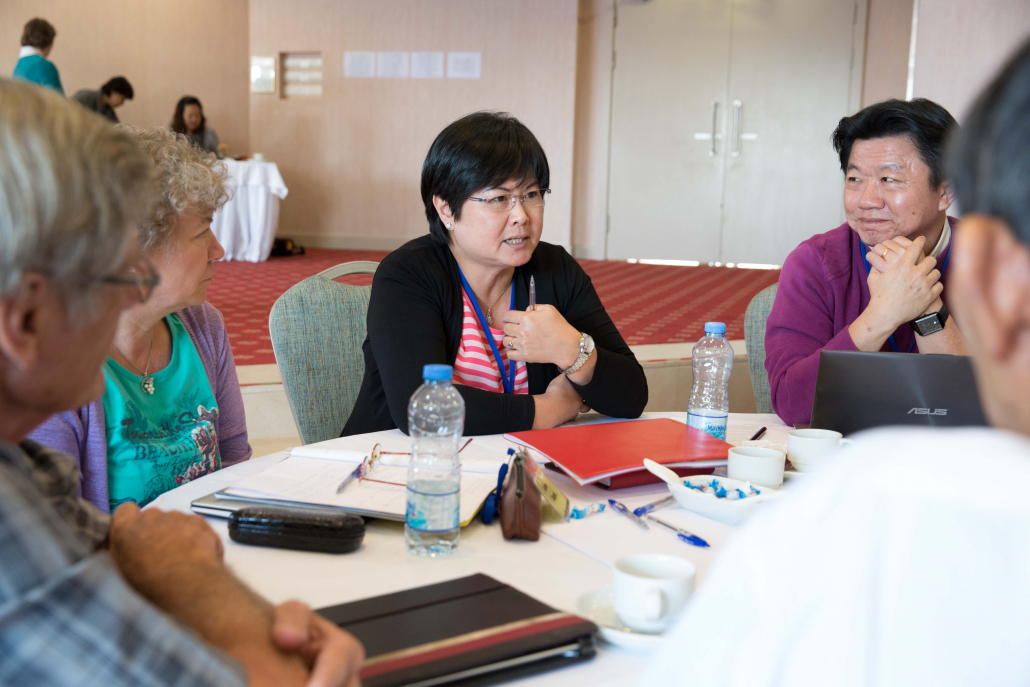Our Diverse Audiences
by Florence Wamae
The core of any good communication efforts is thinking about your audience. The world has changed. Communicators today have the privilege and responsibility to communicate to a highly globalized and therefore very complex audience but also, with increased access to the internet, to reach a very wide audience within a very short time in every part of the world – from the most largest most modernized cities to the most reserved and secluded corners of the world.
The world is also experiencing a lot of disruption in every arena, be it economically, politically, technologically, climatically and even religiously. Every aspect of the world is experiencing disruption and is changing rapidly. Some forms of disruption lead to migration, displacement and movement of people in all manner of geographical directions. This means that people of any nationality could be found anywhere in the world. A communicator cannot therefore assume that audiences are bound to any particular geographical location.
In the midst of all these disruptive changes we still must talk about Missions. The Mission of God to redeem creation to himself remains. The Church must continue to work in God’s vineyard and mission communicators must continue to tell the story of what God is doing around the world.
The environment within which we communicate is also over-loaded with information and it can even get noisy, preventing the message from reaching the intended audience. Generally speaking, everyone who might come across your message would be considered your audience. A Mission agency’s general audience is the Global Church. The messages are intended to keep the Global Church informed of God’s activity in various ways and in different parts of the world. But it is also not just a message for the sake of it, but to inform, inspire and encourage the church to pray and participate in whichever way. Given this, it is vital to be very clear about your target audience.
Determining or targeting an audience is core in deciding how the message will be shaped and also the most appropriate media to reach that particular audience. Targeting means that we ask the questions:
- Who needs to hear our message?
- Who needs to know about our ministry and what we are doing?
- What exactly do they need to know?
- What do we want them to do after hearing our message?
- How will they give us their feedback?
Based on who our audience is and where they are to be found, the next thing we need to do is determine how best we can reach them. Given the complexity of our audience because of the disruptive nature of the world today, a communicator, more than ever before must consider to:
- Remain respectful of the cultures represented in their story by staying away from stereo types or any disrespectful connotations.
- Be careful to check facts from different sources so that there is no discrepancy
- Tell the truth, but give the whole story, not just a one-sided, biased view.
- Seek to always showcase what God is doing and inspire or stir the desire for involvement in God’s mission.
For more on this topic, watch Florence’s webinar.



 missio nexus
missio nexus